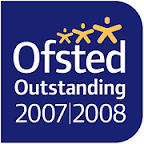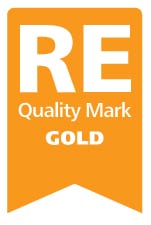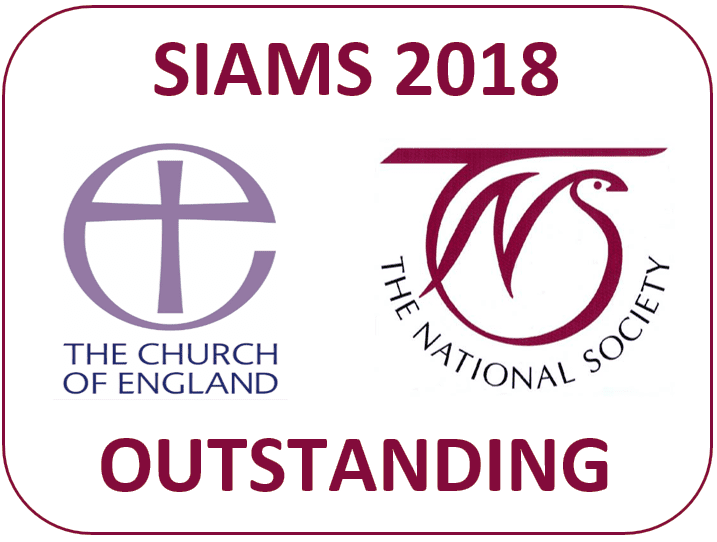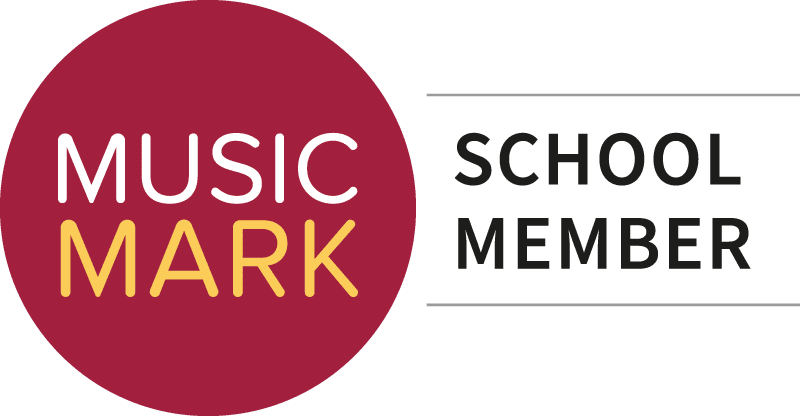Why Phonics matters
At St. John’s, we believe that the teaching and learning of phonics is crucial to enable children to read and spell. Phonics are the foundations to reading. Having a strong knowledge of phonemes and correlating graphemes provides children with a core foundation upon which they can develop their skills in reading and spelling as they move up through the school.
We want the teaching of phonics to be engaging for children at St. John’s to enable children to be fluent readers rapidly. As stated in the National Curriculum 2014, we believe that, “Reading feeds pupils’ imagination and opens a treasure house of wonder and joyful curious young minds.”
Our Approach
Phonics lessons at St. John’s follow the Phonics Bug scheme whereby lessons are structured in a Review, Teach, Practise and Apply format. In order to engage children and help them to retain and apply their learning, we incorporate songs, rhymes and actions to embed learning. Phonics is taught daily at St. John’s.
In EYFS and Year 1, children are taught to apply their phonic knowledge when writing unfamiliar words. As with reading, the children are encouraged to segment the word to help them write the correct graphemes. This also applies in Year 1 where children are taught to spell with suffixes and prefixes as the root word is likely to be phonically regular. From Year 2 upwards, emphasis is placed on using phonics to spell and teach spelling rules, enabling children to retain and apply these spelling rules.
Reading
In EYFS and Year 1, emphasis is placed upon children applying their phonic knowledge when reading; facilitating them with skills to segment and blend unfamiliar words in texts. Sound buttons and Sound lines are used as a visual aid to help children identify each sound in the unfamiliar word. Songs and actions are used to engage children and to help them retain knowledge of phonemes and correlating graphemes.
Children in Key Stage 2 have daily English Lessons. These focus on developing children’s writing using a range of strategies. Children develop their use of grammar, punctuation and composition through writing as a reader. Children learn the skills they need for reading through: English lessons, Guided Reading sessions, where there is a sharp focus on reading skills, these include prediction, vocabulary, inference, explanation, retrieval and summarising and Accelerated Reader, where the pupils have independent challenge in reading as well as a curriculum which is steeped in quality reading texts from all genres.
Guided Reading
Every child will take part in a weekly guided reading session. During this session they will work in a small group and focus mainly on the key skills of reading. The chosen guided reading text will provide a challenge to the pupil with the class teacher or HLTA there to support and challenge their learning.
Accelerated Reader
The Accelerated Reader approach moves away from the traditional reading scheme to include real books by a range of popular, modern and classic authors and poets. There are also non-fiction texts, graphic novels and play scripts to name a few additional text types.
When children are able to read fluently and independently they are assessed using the Star Reading system for Accelerated Reader. The assessment provides a standardised score and a reading age for the child. If they achieve the required standard then they are eligible to begin using Accelerated Reader. Teachers monitor children’s reading scores to ensure the system is right for them.
The system determines the level of readability for this vast range of texts. After assessment, children are allocated a numerical range from which they can choose books. This is closely monitored by teachers. There is an expectation that children will read for at least 25 minutes each day in class with additional reading undertaken at home.
Independent reading and level of understanding is confirmed through an online retrieval quiz taken on the completion of a book. Children are expected to achieve a minimum of 85% success rate over the term.
We provide books that broaden horizons and helps learners connect with the world around them with a focus on positive moral values, developing empathy and showing diversity.
Class Reading
There is an expectation that all teachers will read to their class on a regular basis. A wide variety of books are chosen to offer children the broadest reading experience possible. Books are chosen carefully and for a number of reasons. We look for books that broaden children’s horizons; deal with sensitive or difficult issues; offer a diversity that our context does not offer and books that are fun, exiting or just wonderful.
10 Top Tips for Reading
As a part of your child’s reading journey pupils will be given a decodable reading book. Decoding can be very laborious for the beginner reader. Here are a few tips that can make the experience successful and rewarding:
- Complete the ‘sound check’ and ‘blending section’ at the beginning of every book every time you read.
- Read Tricky Words at the front of the reading book daily.
- Encourage children to sound out and blend sounds throughout the word.
- Be patient – give child time to work it out by sounding out.
- If the child has omitted sounds or inserted sounds into a word, point out where this has happened so that graphemes (letters) and phonemes (sounds) match; give child opportunity to self-correct.
- If the child does not know the sound that a grapheme (letter or group of letters) makes – tell them what it is but let them blend it into the word themselves.
- First sound out (pointing to graphemes) and then read high-frequency words for child if necessary.
- Read each sentence for child after they have decoded it in order to aid comprehension.
- Explain new words.
- Enjoy being a part of this exciting reading journey!
Have a look at the video clips showing how we listen to readers in school.
Have a look at this short video clip explaining all about the phonics scheme we have chosen to use in our school.
Hear the Sounds
Listening to your child read can be tricky, especially when you are trying to help them to form the sounds correctly. Click on the link below to hear how each sound should be made.
Home – School Partnership
As you know learning to read is vitally important for young children. Learning to read allows children to develop their mind, grow their imagination and access the world around them. Teaching young children to read develops their language skill as well as being a fantastic social time with parents, carers or teachers. At St. John’s, we are passionate about getting our youngest children interested in books and sharing them with you at home as soon as possible.
Home Reading Books – A New Routine for Reading!
Reading packets will now be sent home on a FRIDAY only. They are not to be returned to school until the following FRIDAY. There is an expectation that parents will listen to their children read the same book daily.
Staff, as always, will keep a record of the books your child has at home. When staff in your child’s class need to hear them read, the staff member will use the books from the shelf in school. If your child is reading well, the books will be changed. If your child needs to keep their books to practise some more at home, the same books will be returned to home.
In short – “Friday is Reading Packet Swap Day!”
Your child will read their books to a staff member during the school week, alongside a full range of other reading activities. It is vital, to support your child’s learning, that you hear your child read at home as much as possible but at least 3 times per week.
Online Reading
We have invested in an online Reading and Phonics programme to enhance our Phonics teaching in school. “Active Learn” has engaging games and online reading books: these are fantastic for developing your child’s sound and word recognition, comprehension skills and overall engagement with Phonics and Reading. “Active Learn” can be accessed on a laptop or tablet. To access the learning platform search for…
http://www.activelearnprimary.co.uk
Individual ‘log in’ details for the program are provided on a bookmark. Again, it is vital your child accesses the games and online books assigned to them as this will enhance their learning and progress. Active Learn is monitored by the Class Teacher.
If you have any problems accessing “Active Learn” or you lose the bookmark please contact school.
Happy Reading!







